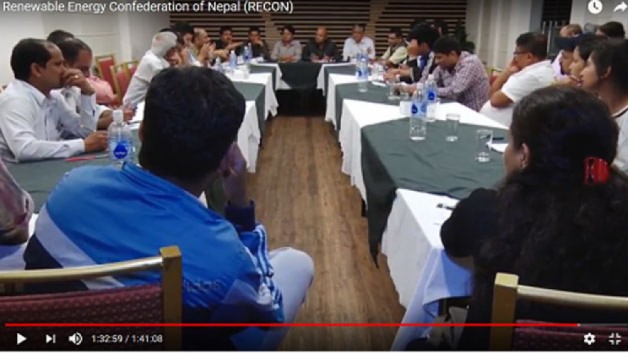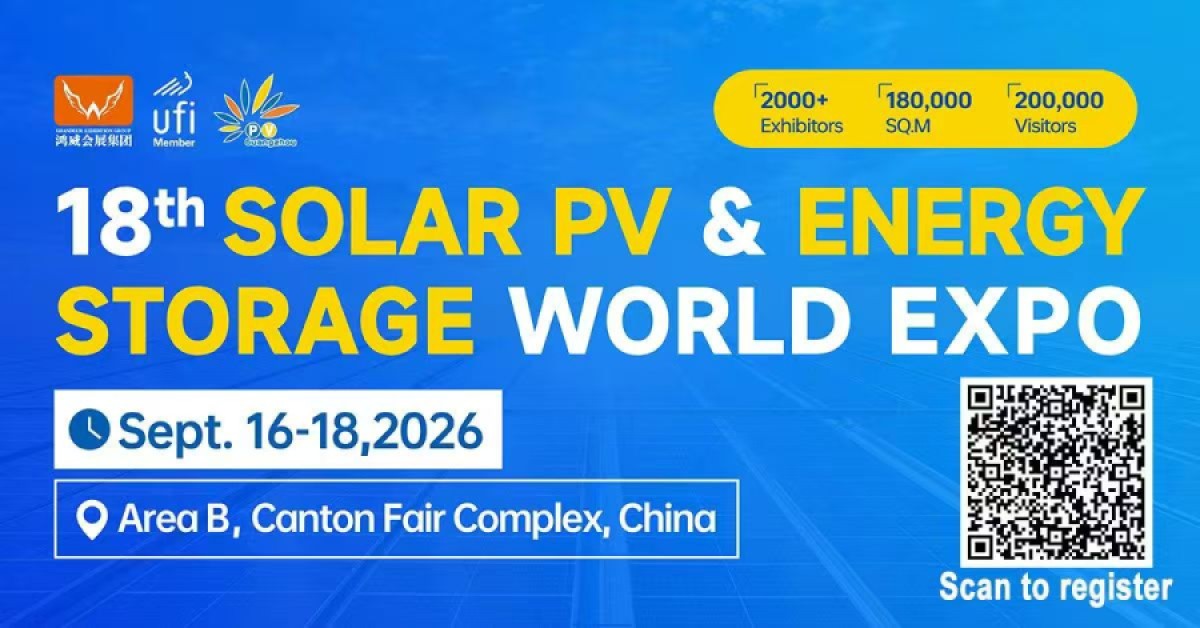
On Thursday September 21, 2017, Kathmandu
- Facilitated by Sr. Journalist Mr. Bikas Thapa
- Coordinated by Mr. Raju Shrestha
- Purna N. Ranjitkar
Introduction:
Alternative energy movement has been a regular activity in Nepal's technology field. Micro hydro, Solar PV, Solar thermal, Biogas, Improved cook stoves, Biomass are the technologies implemented and lately wind power has been added to the alternative energy technologies.
The Government of Nepal constituted Alternative Energy Promotion Centre as an independent body to promote alternative energy technologies. Activities in alternative energy promotion have been intensified in last two decades i.e. after formation of AEPC as a governmental institution for technical and financial support to extend in alternative energy promotion. The activities were noted as limited before AEPC was constituted although some effective and exemplary activities were taken place as land marks.
In the present context, the country has been entered into federal system by promulgating the Constitution of Nepal 2015 on September 20, 2015. The Big Charter had clearly mentioned the access for alternative energy to all the citizens whichever part of the country they reside.
The experts and professional opine that renewable energy movement in the federal system of the country should be formulated in a harmonious framework in local government level, provincial government level and federal government level so as the activities must be undertaken in a simple and well defined manner where the roles and responsibilities of levels and activities should be taken under a defined system where each and every level of government work independently for the maximum benefit to tap out of available resources – natural resources, technological interventions and mode of financing.
In this context, Renewable Energy Confederation of Nepal (RECoN) which was known as Renewable Energy Coordination Committee (RECC) in the past had organized some interactions and discussions on the said subject matter recently.
The events participated by academia, experts and professionals opined as stated above. The further activities on opinion building are still in progress.
RECoN, taking an opportunity on the eve of Big Festival in mid-October organized a wider gathering of subject matter recently. The events participated by academia, experts and professionals opined as stated above. The further activities on opinion building are still in progress.
The event has been successful in dealing the subject matter in detail and generate the views and opinions to further specify and recommend to concerned authorities so as the authorities will take reference of the recommendations of concerned stakeholders in formulating necessary legal provisions to smooth carry out the RE Movement in the Federal Structure in the coming days.
Mr. Bikas Thapa, President of Water Energy Journalists Association Nepal facilitated the event. He conducted the event of queries and comments from journalists and media personnel.
- The media personnel were focused on renewable energy policies of the state and existing practices.
- They showed concern on the future of modalities in the federal structure of the political system.
- They also showed concerns on Alternative Energy Promotion Centre (AEPC) and upcoming activities according to the federal system.
- They also showed concerns on Local Level Governments' authorities and abilities in renewable energy sector to grow well.
Mr. Bhim Gautam, Mr. Laxman Biyogi, Mr. Babu Ram Khadka, Mr. Raju Shrestha, Mr. Indra Baniya and others raised renewable energy related issues.
Prof. Dr. Ramesh Kumar Maskey, Mr. Dhan Bahadur Gurung, Mr. Sagar Mani Gnawali, Mr. Suhrid Chapagain and Mr. Chudamani Bhattarai also expressed their opinions and views.
Former Minister Er. Ganesh Shah suggested that RE activities needs to address the spirit of every Nepali citizen be involved in renewable energy generation, save energy and invest in energy.
Mr. Balanand Paudel, on the occasion said that renewable energy sector is very wide. Appropriate and effective policies will be able to address all type of problems. Legal instrument, financial instrument, social instrument and awareness will be needed, he added. He also opined that private sector should be given major responsibility in promotion of renewable energy.
Mr. Ram Prasad Dhital, Executive Director of Alternative Energy Promotion Centre mentioned that social justice, working with funding agencies and energy master plan will be taken into consideration for the promotion of renewable energy in the country.
Mr. Guna Raj Dhakal thanking the participants concluded the programme.
Conclusion
The event was successful to interact with media personnel, academia, experts and RE professionals with focus to renewable energy promotion activities in the coming days. The current situation suggests that more such interaction and discussions will be needed in understanding the renewable energy activities in the federal structure. The stakeholders should be able to understand the situation and their duties and responsibilities. Private sector is one such stakeholder which has to work carefully as such the private sector should be taken into consideration.




